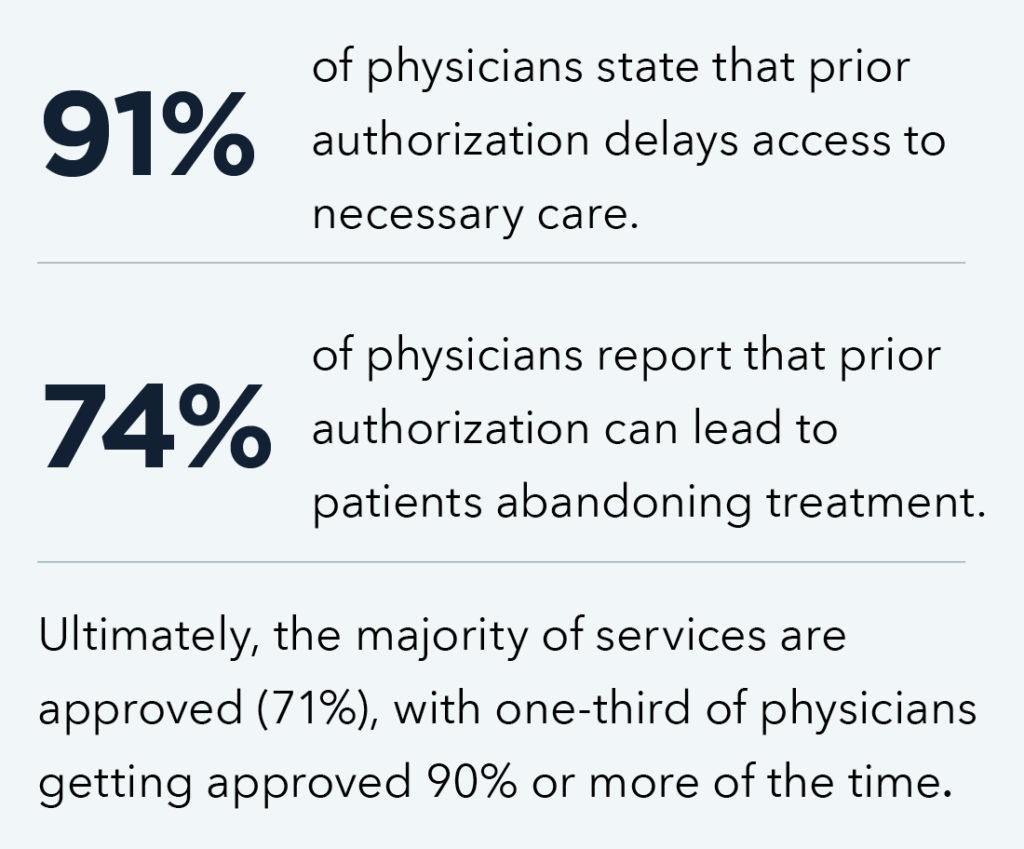Home > Advocacy & Policy > Policies Affecting GI > Patient protections and access to care
Patient protections and access to care
AGA believes all Americans deserve affordable, accessible and quality health care.
AGA position: Congress must include provisions to ensure patient access to specialty care and other essential patient protections in any new health care legislation.
For years, health care reform has dominated the political stage. Since the start of the Obama administration to the present, Congress’ division on health care has only deepened. The Patient Protection and Affordable Care Act (ACA) was created to transform the U.S. health care system to ensure more patients have access to and coverage of quality medical care. In fact, an additional 20 million individuals obtained health insurance coverage under the ACA (1). Although the law has shown to be unstable in its current form, AGA opposes repealing the ACA unless a viable, equitable replacement is in place. Patients who have received coverage through the ACA should be able to maintain coverage without interruption.
Without protections, patients will lose access
AGA is deeply concerned that repealing the ACA without a viable replacement will result in millions of patients losing health insurance coverage. Additionally, with the rise of uninsured patients, providers, like gastroenterologists, stand to lose reimbursement in uncompensated care. We urge Congress to build upon what is working in our current health care system and protect those patients who are currently insured and whose lives depend on this coverage.
AGA’s patient protection provisions
AGA strongly urges Congress to include the following provisions in any health care replacement package:
- Ensure patient access to and coverage of specialty care.
- Ensure patient access to and coverage of evidence-based preventive screenings without cost-sharing.
- Insurers cannot discriminate because of a pre-existing condition.
- Insurers cannot discriminate based on gender.
- Parents should be allowed to keep their children on their plans until age 26.
- A ban on annual and lifetime caps.
Prior authorization delays care.

Bottom line: AGA urges Congress to return to regular order and work in a bipartisan manner to stabilize the individual insurance market and make improvements to health care legislation to ensure that patients have access to and coverage of quality health care. We call on Congress to enact legislation that contains these essential patient protections and other improvements to ensure affordability, accessibility and quality health care for all Americans.
1. Uberoi, N., Finegold, K., & Gee, E. Health insurance coverage and the Affordable Care Act, 2010-2016. United States Department of Health and Human Services. 2016. https://aspe.hhs.gov/system/files/pdf/187551/ ACA2010-2016.pdf
Reviewed: September 2017











